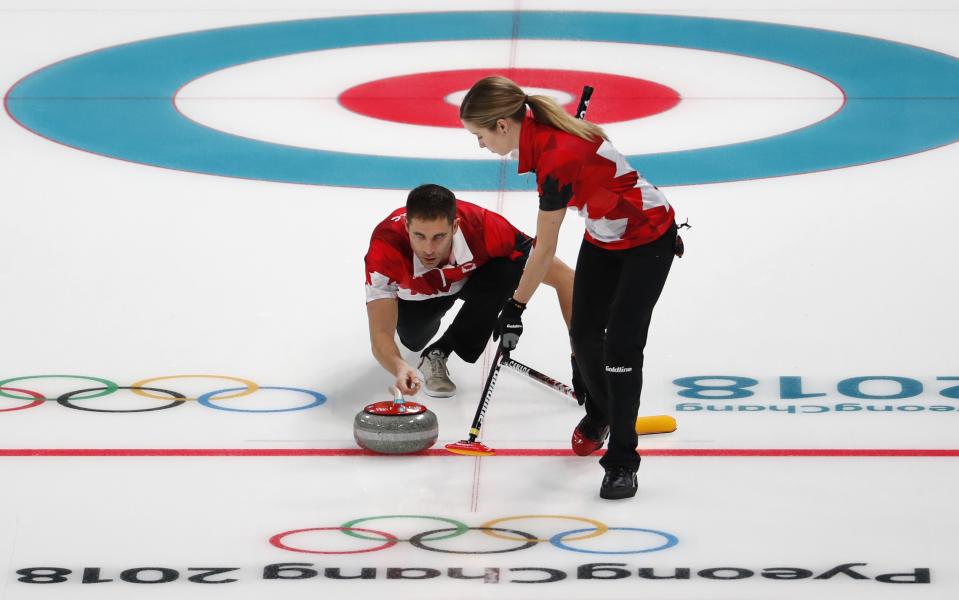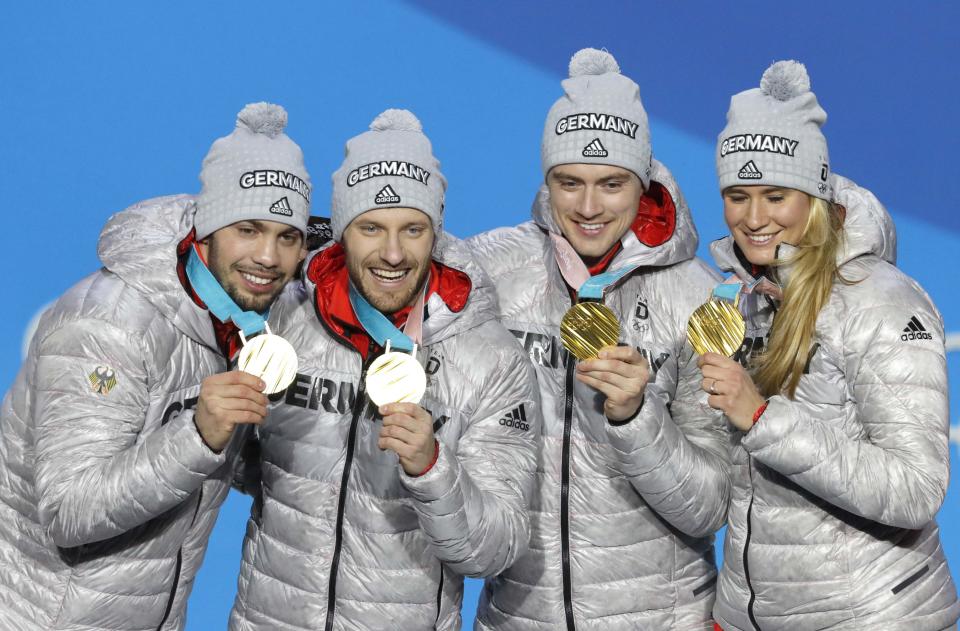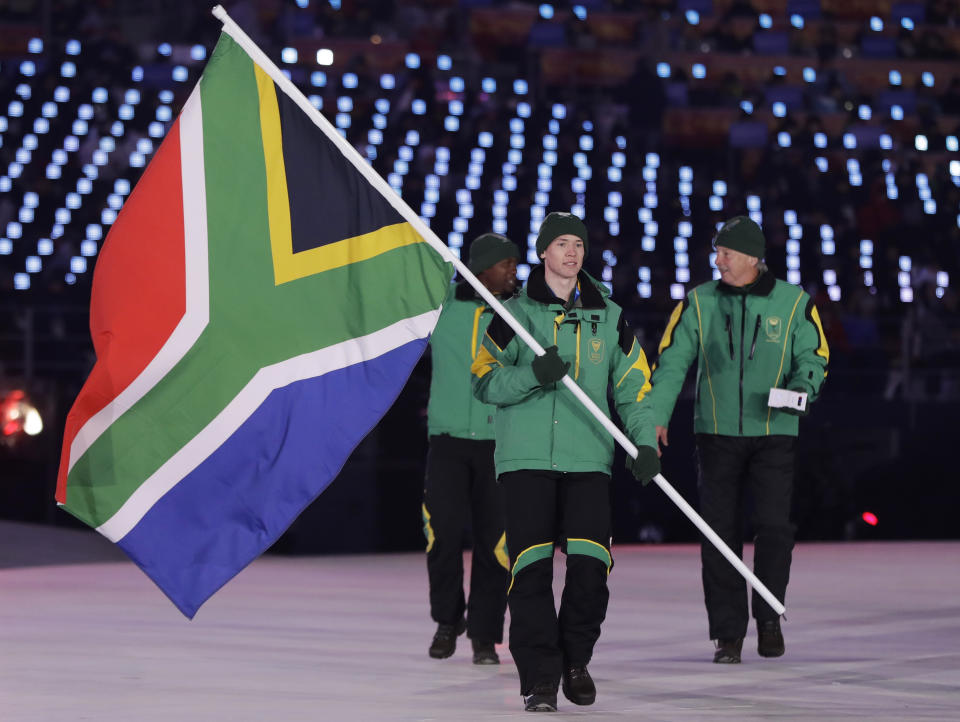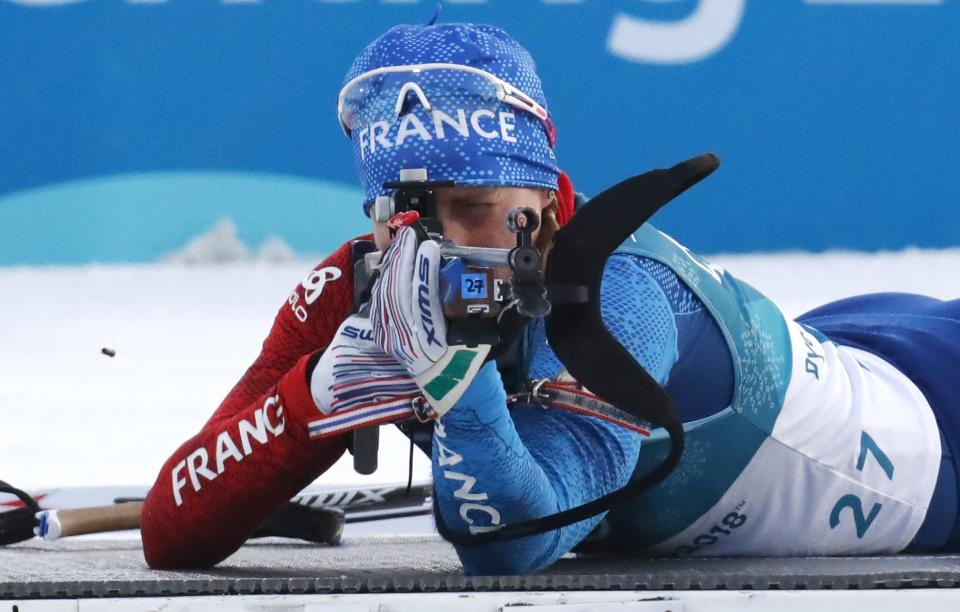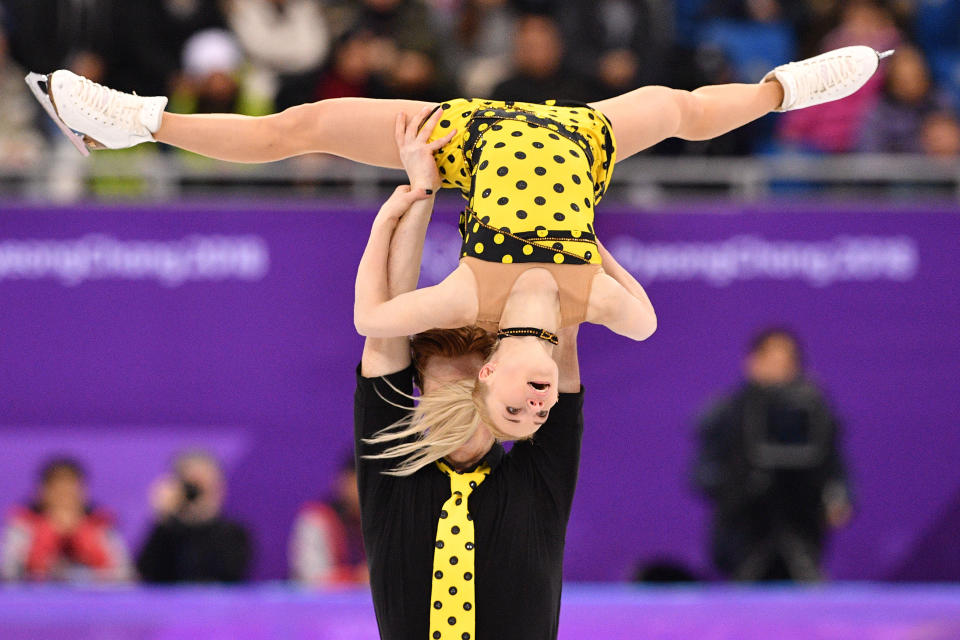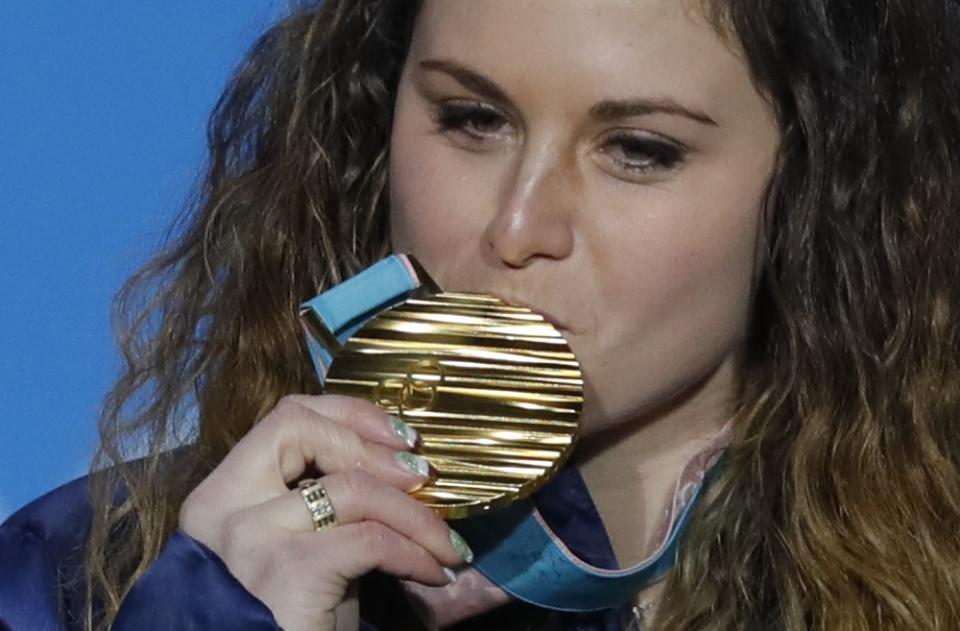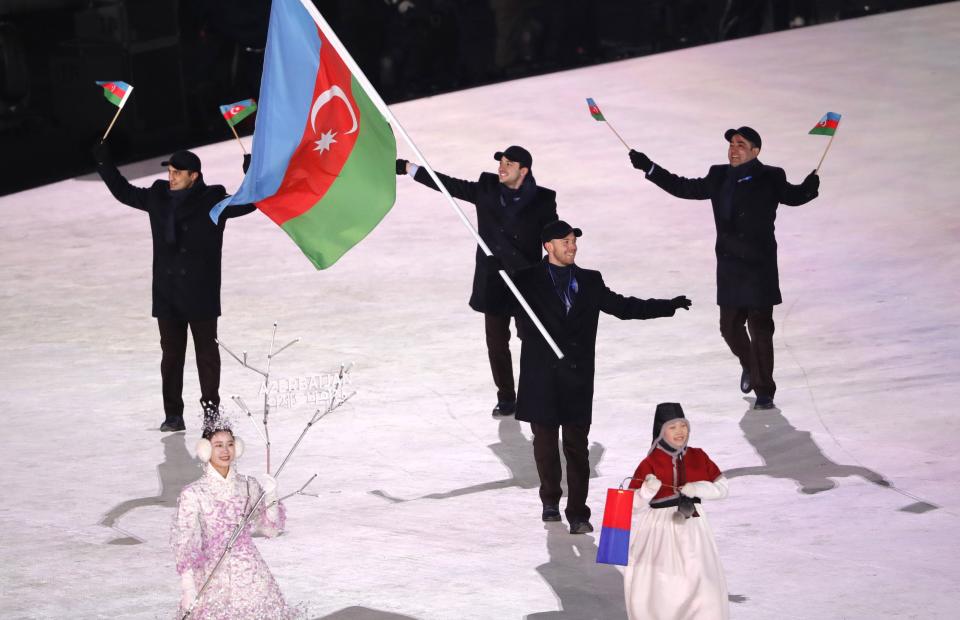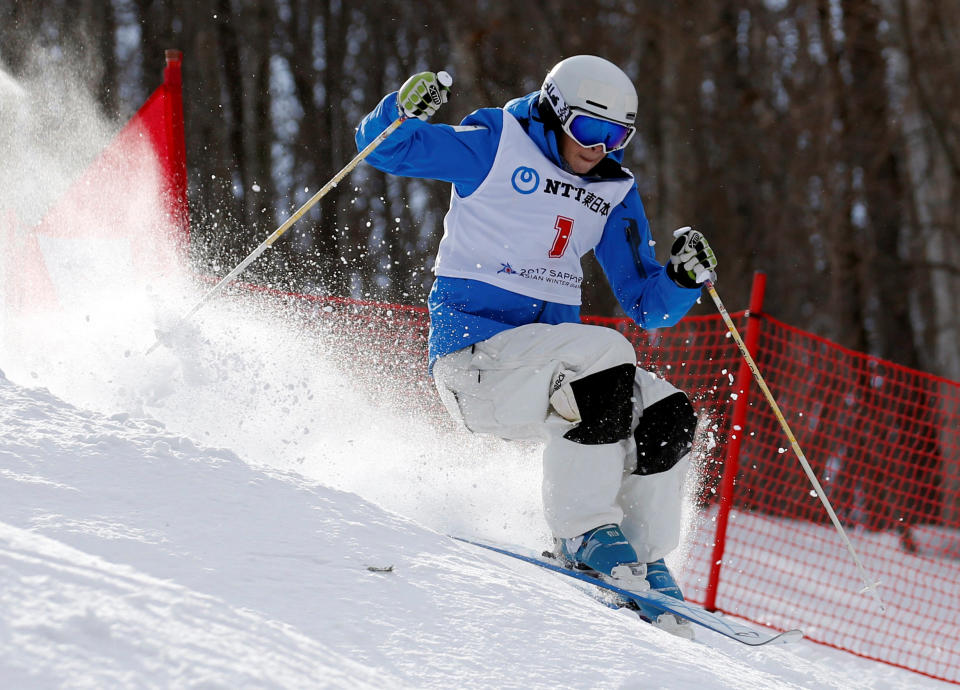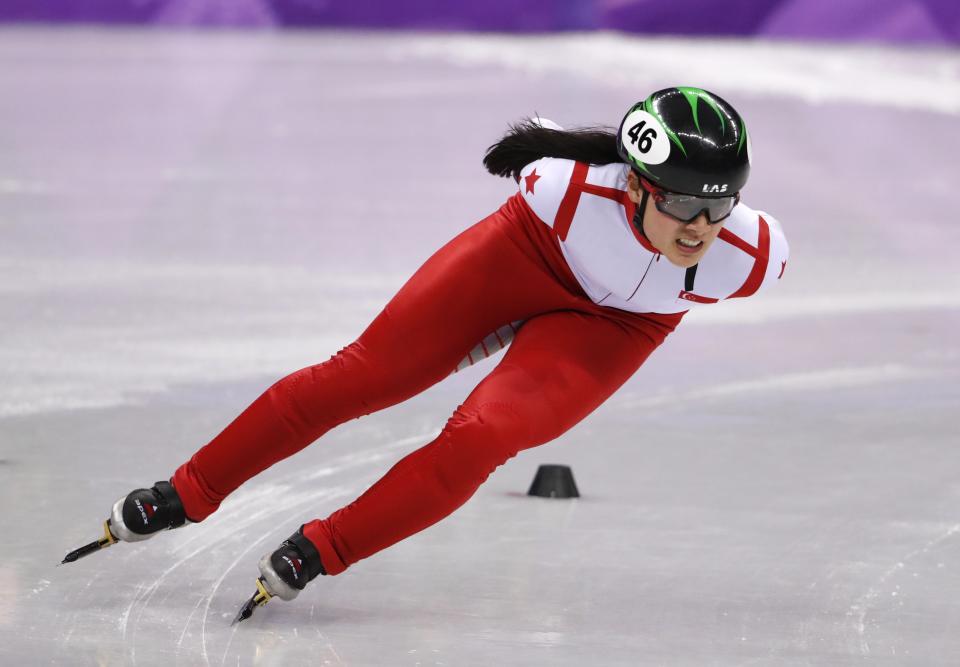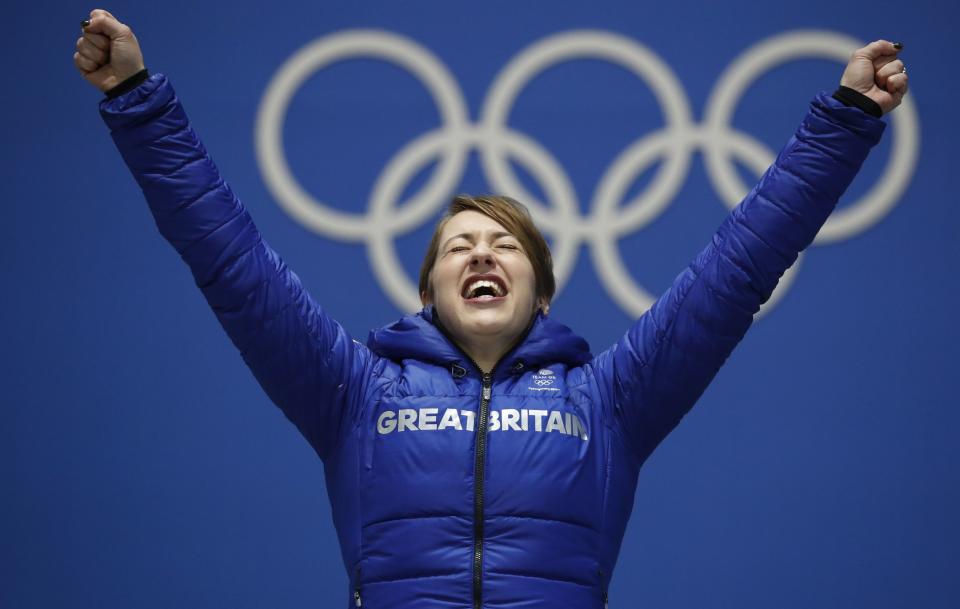Here's how much Olympic athletes make for winning
The Pyeongchang Winter Games sees 2,952 athletes competing for top honours, all wishing to win big and make their country proud. While they may not be getting paid to participate, Olympians from some countries receive more than just podium notoriety, they’ll take home cold hard cash too.
“Medal bonuses” are given to athletes that come in the top three positions at a given event. Some countries, like Singapore, are more giving in these bonuses, but they also have fewer athletes that can potentially medal. The bonus that Singapore’s team of one could take in is far greater than what would be granted to Canada’s team of 225.
Athletes aren’t guaranteed stable income when they choose to enrol in sport, which can lead to desperate times for those trying to compete and survive at the same time. U.S. figure skater Adam Rippon may have earned a bronze (and some extra cash) last week, but rewind to six years ago and Rippon was broke, living in his coach’s basement and stealing apples from his gym to save money.
American speed skater Mitch Whitmore came in fourth place at a 2017 world championship competition. He didn’t receive a bonus, but he did get a nine-month stipend to help offset living and training costs.
“You want it to just be about the competition,” Whitmore told CNBC’s NerdWallet. “But…you slip, or just have some little thing go wrong, and it’s hard to eat for several months.”
The medals themselves are worth something, too. The Pyeongchang Games medals were created by South Korean designer Lee Suk-woo and feature Hangul (the Korean alphabet) on them. Each have a diameter of 92.5mm, so slightly smaller than what was seen at the Vancouver 2010 and Sochi 2014 Games (both were 100mm). The gold medal, which is made up of six grams of plated gold and 99.9 per cent silver, is estimated to cost around $577 USD and it weighs in at 586 grams. The silver is approximately $318 USD and weighs 580 grams, and the bronze medal is allegedly only worth $3.50 USD and weighs 493 grams.
Does prize money make a win better or is the victory sweet enough? Let’s just say winning in any capacity is a good feeling and soon a barrage of athletes will be returning home richer than when they left.
Scroll through to find out which athlete just became $250,000 richer thanks to a medal bonus.
Download the Yahoo Finance app, available for Apple and Android.

 Yahoo Finance
Yahoo Finance 